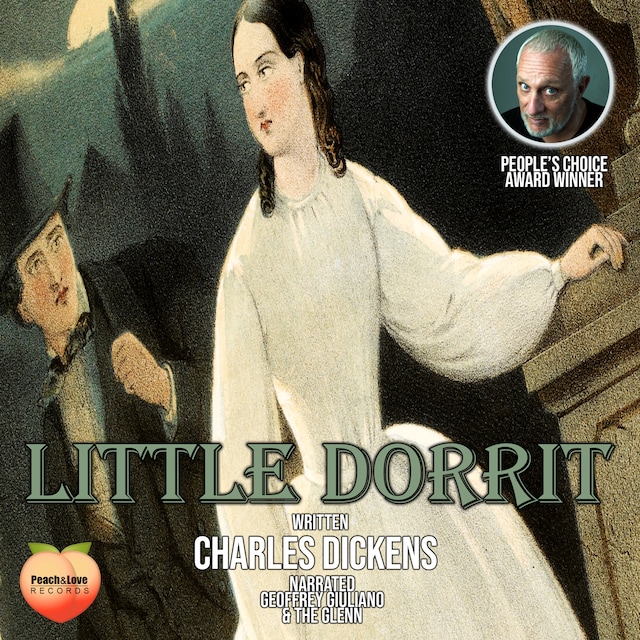
Little Dorrit
Description of the book
Born in the Marshalsea Prison for Debtors, Amy—Little Dorrit—the daughter of the ruined, but self-respectful William Dorrit, has put her entire heart into caring for her dear father until one day her humble path is crossed by Arthur Clennam. Their meeting proves providential not only for Amy's life but for the whole Dorrit family, whose new rise will, in many ways, be also their fall. As in all his novels, in "Little Dorrit" Dickens ushers us into a fascinating and startlingly rich world of human characters and destinies, where virtue and nobility cross swords with vice and villainy, where strength and weakness intertwine with prejudice and magnanimity and where the author's inspired pen wields a compelling and unforgettable power over the readers.
Charles Dickens is the British writer most associated with England's 19th-century Victorian era and is one of the fathers of the modern novel. Dickens was born into a family that was relatively well off, and lived the bulk of his childhood in London. Much of his youth was spent outdoors, reading and observing the people that came and went in his young life. Many of these observations would form the basis of his beloved and unique gift for characterization. Starting as a journalist after a brief stint as a law clerk, Dickens began traveling the UK writing about elections. Soon he wrote his first novel, "The Pickwick Papers", and the wild success of the book immediately propelled him into an immediate writing career. His most famous titles are "Great Expectations", "David Copperfield", "Oliver Twist" and "A Christmas Carol" among others. Dickens's novels are known for their social commentary and hard criticism of poverty. He was against the stark divide between the rich and the poor in Victorian society, and while his tales were invariably entertaining, they also came laced with the acid tongue of a social satirist.


